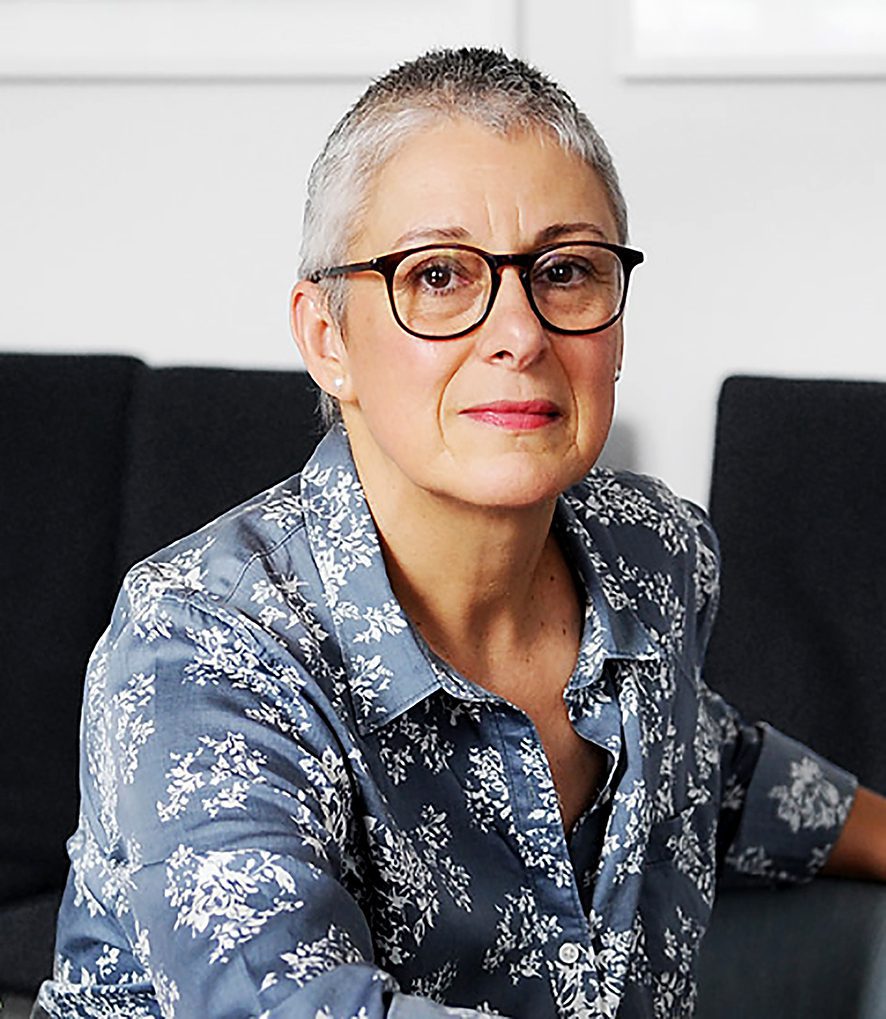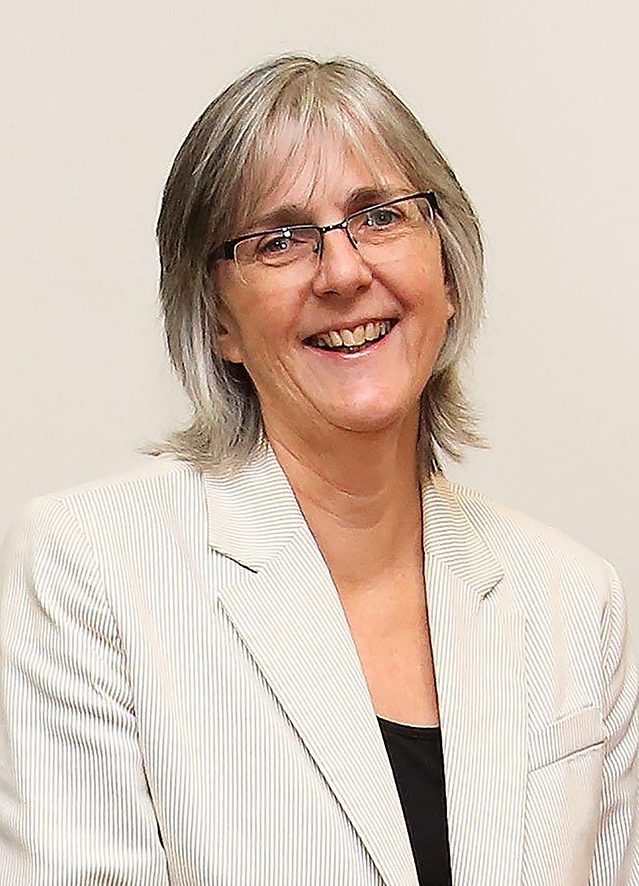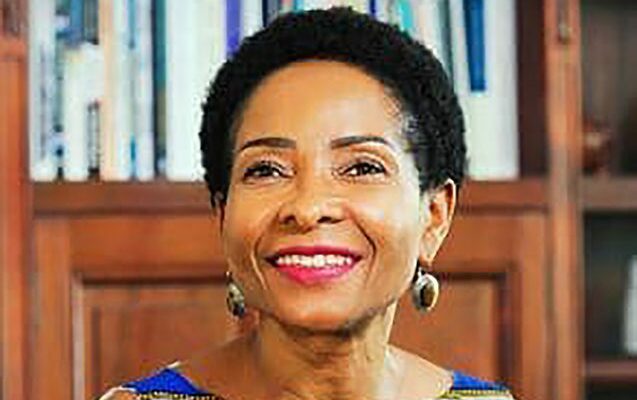The battle for the soul of Africa’s premier institution, the University of Cape Town (UCT), has reached fever pitch, with insiders saying the fight over the control of the varsity is akin to a “prince who cannot wait for the king to die”.
Sunday World understands the fight for control is centred on Professor Lis Lange and Professor Mamokgethi Phakeng, with the former said to be eyeing the vice-chancellor position.

According to members of the university’s council who attended Thursday’s fiery council meeting, members were divided on the future of Phakeng and the council’s chairperson, Babalwa Ngonyama, with the council split down the middle.

Fourteen of the council members voted to get a retired judge to probe allegations levelled against Ngonyama and Phakeng, while 14 other members said the process should be led by a subcommittee of council.
Worryingly for Ngonyama and Phakeng, two ccouncil members representing donors voted for an independent probe, joined by all three representatives of the senate. The 14 council members have since accused Ngonyama of having failed to recuse herself from the vote, despite being requested to do so.
The 30-member council consists of executive officers, students, some employees of the university and external members who make up 60% of the total membership.
The council is the principal executive and policy-making body of the university.
It has overall responsibility for the administration of the university, for defining its mission, for planning its work and for the management of its resources. The senate on the other side is responsible for the university’s academic programmes, the acquisition of qualifications and academic staff.
In May, UCT announced that Lange had quit as head of teaching and learning with immediate effect. In a May 2 statement, Phakeng had said Lange would not seek the renewal of her contract, which was scheduled to end in January 2023.
“It has been agreed that she will relinquish her DVC position with immediate effect and that, for the next two months, she will focus on preparing UCT for the Council on Higher Education’s institutional audit, which is scheduled for later this year,” Phakeng said at the time in her statement.
However, Sunday World has it on good authority that Lange’s resignation became a sore point at a senate meeting held at the end of June – the first such meeting since the university announced Lange’s resignation.
It was at the June senate meeting that Ngonyama, in her absence, came under fire for Lange’s resignation. That meeting was chaired by Professor Sue Harrison, deputy vice-chancellor for research and internationalisation at UCT.

Ngonyama is said to have told the council meeting on Thursday that less than two hours before the June senate meeting took place, she had received a letter from Harrison informing her that she had received a note from Lange detailing the “real” reasons for her resignation. Lange’s letter blames Ngonyama and Phakeng for her resignation.
Ngonyama then told the council meeting on Thursday that Harrison had informed her that she would not introduce Lange’s letter into the senate agenda as it had been received late.
However, Ngonyama said depite Harrison’s earlier assurance that she would not introduce the letter at the senate meeting, it was nevertheless tabled and discussed.
The tabling of the letter saw a floodgate of attacks open against Ngonyama, who was called a liar.
“The acting chair (Harrison) did not condemn or sanction this language, this attack was directed to the chair of council. I do not mind when being attacked as Babalwa Ngonyama, in my personal capacity, however, not when I am discharging my responsibilities as chair of council,” Ngonyama told the council meeting, according to notes leaked to Sunday World by a council member sympathetic to Ngonyama and Phakeng.
“Senate did not even afford me the right to reply to associate Professor Lange’s allegations, I was tried and convicted at this meeting. What I do find interesting is that of the two versions of the story, mine has been judged to be false. Therefore, I have the burden of proving my innocence. I was dehumanised and insulted, defamatory comments were made about me and my character,” Ngonyama said.
The deep divisions in the council have attracted the attention of Higher Education Minister Blade Nzimande, who has requested a report around the matter.
According to the council member who shared the council meeting notes with Sunday World, UCT is an institution struggling to transform, an issue at the heart of the discord.
“The appointment of Phakeng in 2018 and her reappointment to a second term earlier this year is seen in some quarters as an insult to the ‘rightful’ owners of this celebrated institution. The appointment of Ngonyama as chair of council in 2020 further added fuel to the fire,” the
council member said.
This is not the first time Phakeng’s leadership has come under scrutiny. In 2020, then UCT ombud Zetu Makamandela-Mguqulwa released a damning report into Phakeng’s leadership style. The ombud’s report lashed out at Phakeng and other executives.
“During this reporting period (2019/2020), a number of work-related complaints came to me about professional interactions with the VC where people felt bullied, silenced, undermined, rebuked and/or treated unfairly. Their pain was visible. Some affected bystanders also came to express fear and told me how they were impacted individually by different incidents,” Makamandela-Mguqulwa wrote in the foreword of the annual report.
The ombud’s report was published just days before the new UCT council was due to meet for the first time to elect its new leadership for the next four-year term of office.
Lange and Harrison did not respond to requests for comment.
Timeline of events:
February 2018: Lange joins UCT from the University of the Free State.
- March 2018: Phakeng is appointed by council as vice-chancellor with effect from July that year.
- July 2020: The damning report by Makamandela-Mguqulwa criticising Phakeng’s leadership style surfaces.
- July 2020: Ngonyama is appointed chair of council at the first council meeting of the 2020/2024 term.
- January 2022: Ngonyama meets with Lange to discuss the vice-chancellor position as part of informal consultations with stakeholders 18 months before the vice-chancellor’s term ends. The meeting turns sour when Ngonyama reportedly informs Lange that Phakeng is the front runner.
- March 2022: Phakeng is re-appointed with the backing of 78% of senate members.
- June 2022: Lange writes to acting senate chair Harrison, blaming Ngonyama and Phakeng for her resignation.
- September 2022: A senate meeting is held where it is revealed how UCT has lost half its senior leadership team over the past four years. The lion’s share of the blame is laid at Phakeng’s door.
- October 2022: A UCT council meeting is held where divisions at the institution are laid bare. Fourteen council members vote to appoint a retired judge to investigate the conduct of Ngonyama and Phakeng. However, the other 14 members vote for a probe led by a subcommittee of council, leading to a stalemate.
Follow @SundayWorldZA on Twitter and @sundayworldza on Instagram, or like our Facebook Page, Sunday World, by clicking here for the latest breaking news in South Africa. To Subscribe to Sunday World, click here.



